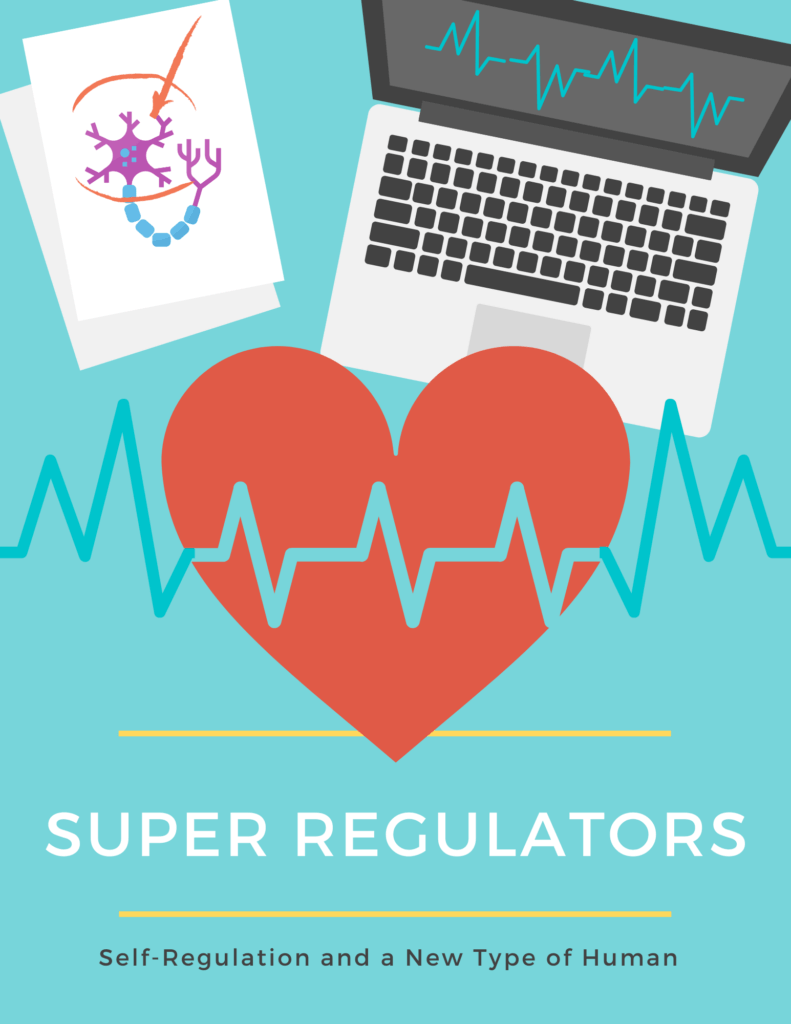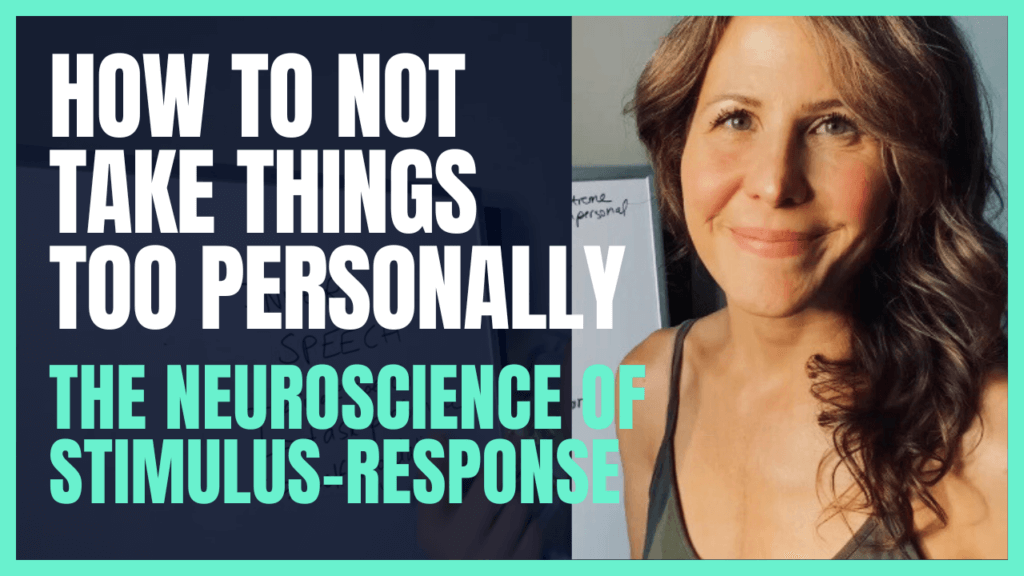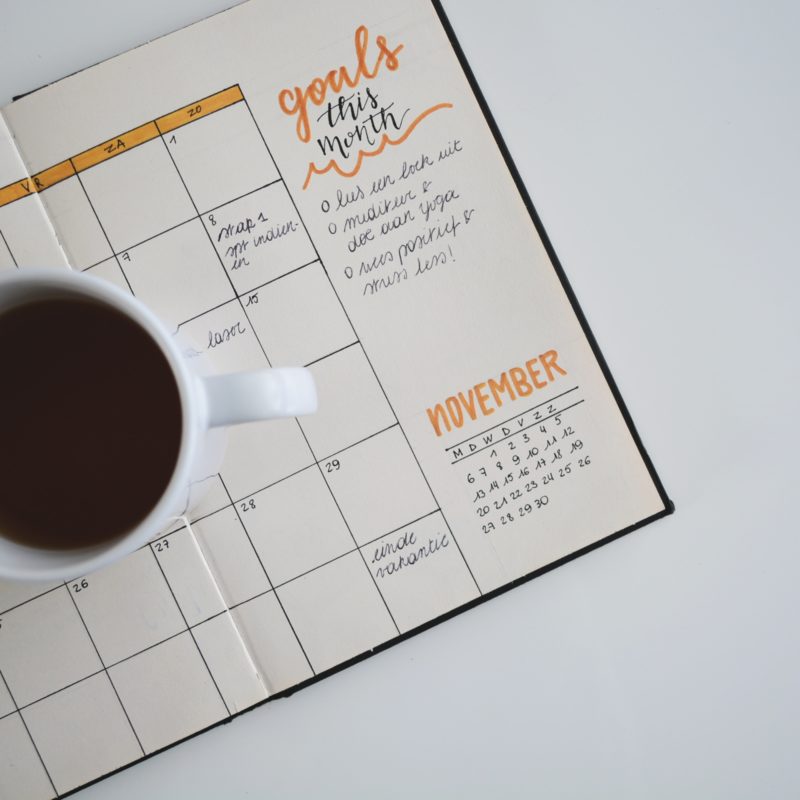Taking things too personally can lead to over-amplified emotions and reactions that distort our thinking and relationships. We can get better at navigating challenging interactions, feelings and relationships when we understand three particular unconscious influences that play a big role in our response..
Every interaction between humans is an interaction between two complex nervous systems with histories.
The contrast to that would be simple (possibly single cell) organisms that have fairly simpl stimulus-response systems. If an event occurs, it’s fairly predictable what their response will be.
Human interactions are not linear.
We are not single-cell organisms with predictable responses. We cannot use simple cause-effect logic to predict or inform how arguments and disintegrations occur. But this doesn’t mean we can’t get better at understanding some of the powerful, often unconscious, factors that influence our reactions, and perceptions.
The key message in this video is that your emotional reactions during interactions with people may not be the absolute “truth” the way you think it is.
There are forces occurring under the surface for both you and the other person. Those forces may distort how you and the other person are interpreting each other’s behavior and may lead to reactions that are over-amplified and in many ways inaccurate.
We all fall victim to dysregulated and defensive behaviors when we don't know what to do with our emotions. When we don’t understand that these things are affecting ours (and their) response, we may end up continuously repeat the same type of negative interactions over and over again.
Knowing what kinds of things influence our nervous system responses can increase our ability to be more curious about our reactions and those of others. Curiosity helps open the mind and our attentional mechanisms. It helps spark new connections and explanations we may not have had before. These new connections and curiosities are a great starting point to learning new ways to navigate our interactions and relationships.

Ps- I go in-depth into how we can gain more mastery over these unconscious influences in my mini course and FREE MINI BOOK: Super-Regulators: the Science of Self-Regulation
*please note that the suggestions and exercises offered in these videos are not offered as a substitute for professional mental health care or medical care and are not intended to diagnose, treat or cure any mental health or medical conditions.



